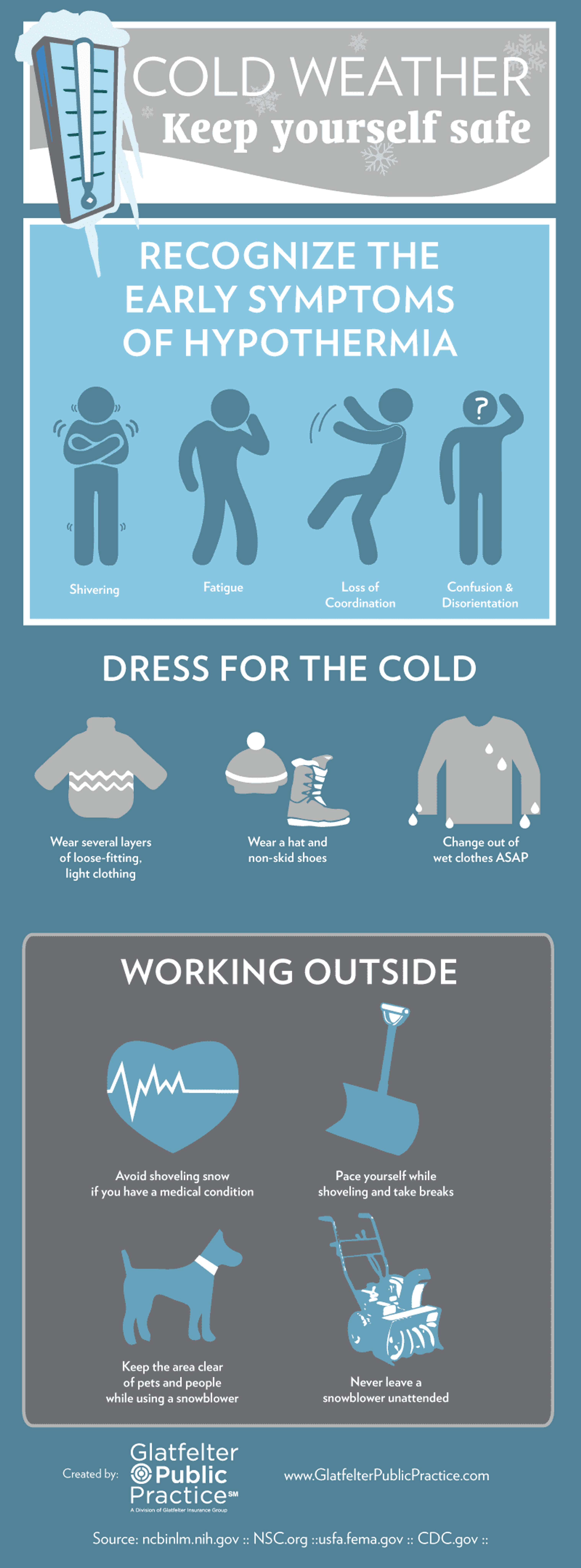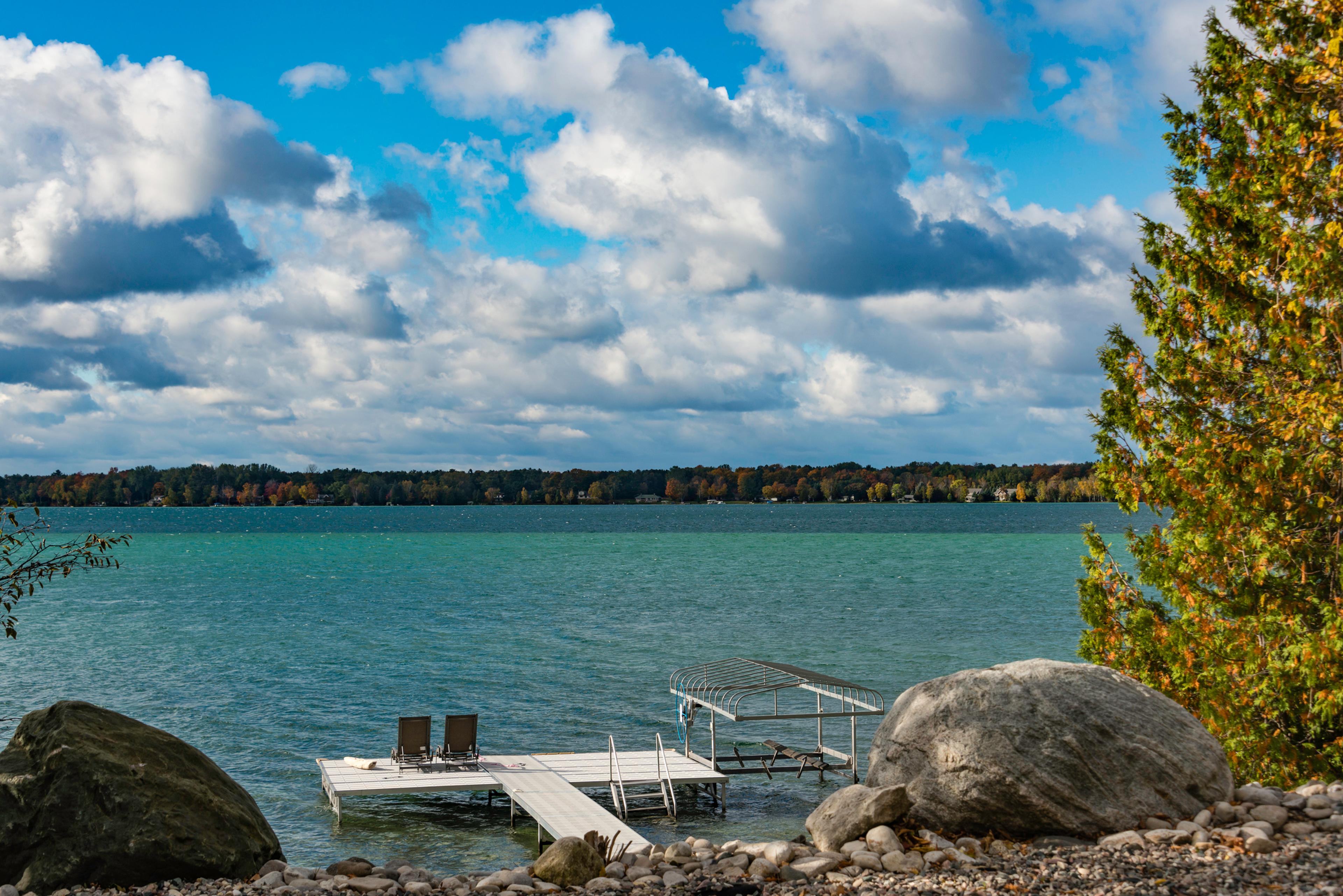How Cold is Too Cold for Kids to Play Outside
A Healthier Michigan
| 2 min read

With the cold temperatures and winter storms sweeping across the Midwest, it can feel like winter is forcing Michiganians to hibernate until March. For those with children, the winter months bring a whole new set of challenges as the temperature drops and it’s harder to spend time outdoors.
Getting the recommended 60 minutes of exercise daily for your kid can be tough, but it is necessary. Going outside helps prevent stir-craziness and allows for fresh air and adequate exercise. Although getting the kids outside is important and still an option in the winter, the temperature and wind-chill require caution.
Use the windchill
As a general rule, windchill is the best judge on if it’s too cold to play outside. In general, when the windchill is 32 degrees and above, it’s safe to be outside. In temperatures 13 degrees to 31 degrees, indoor breaks should happen every 20 to 30 minutes. For windchills of 13 degrees and below, you should move activities indoors and outside of the cold as frostbite can set in quickly.
Dress in layers
Another factor to consider is when children are at school and participating in recess activities. The best way to prepare for time outside is to dress your child in warm weather gear. Be sure to dress in layers, from a warm base layer or two and then a heavy, wind and water-resistant coat.
Children should wear with warm socks, insulated boots, hats and mittens or gloves. A good option for kids is balaclavas that cover the head and neck. For babies and children who are not yet mobile, it’s important to check their hands and faces to make sure they aren’t getting too cold.
Take breaks to get warm
Frostbite and hypothermia are two cold-weather dangers for everyone, especially children. Check on your kids when they are outside and have them take regular breaks to get warm and get enough food and water.
If their clothes get wet, have them come in and change.
Seek immediate medical attention for frostbite or hypothermia.

Photo credit: Randen Pederson
Related:





